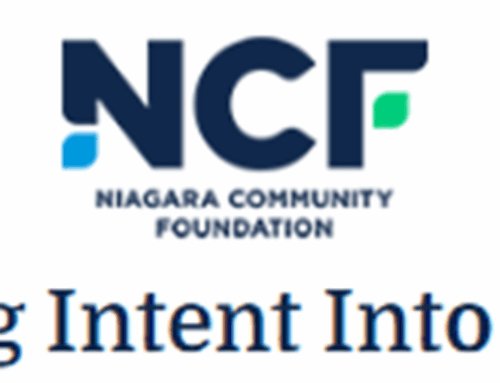The Canadian Centre for Caregiving Excellence supports and empowers caregivers and care providers, advances the knowledge and capacity of the caregiving field, and advocates for effective and visionary social policy, with a disability-informed approach. It includes a network of 64 organizations across the ageing, disability and illness communities.
The Centre’s expertise and insight draws from the lived experiences of caregivers and care providers, to help build better systems and lasting change.
- Caregivers include those who provide support to people with physical, intellectual, or developmental disabilities, medical conditions, mental illness, or needs related to aging. They are family, friends and other natural supports (like neighbours or chosen family) who provide care because of a relationship, not as a job or career. The caregiver role is mutually determined by the person and their caregiver(s).
- Care providers include paid support professionals such as direct support professionals, personal support workers and respite workers.
The Caring in Canada report summarizes results of the 2023 National Caregiving Survey. The survey, completed by more than 3,000 caregivers and care providers, fills a significant evidence gap. The data shows six key stories about the experience of caregiving in Canada, which set the stage for important policy solutions, to address our country’s ‘caregiving crisis’.
- Caregiving takes a toll on caregivers’ well-being.
- Caregivers are working an extra shift.
- Caregivers are getting older – and this comes with unique support needs.
- Caregiving creates financial stress.
- Paid care is not working well for care providers, caregivers, or care recipients.
- Caregiving looks different across identities and communities.
Click here to access Caring in Canada: Survey insights from caregivers and care providers across Canada
Published by Canadian Centre for Caregiving Excellence, 2024






